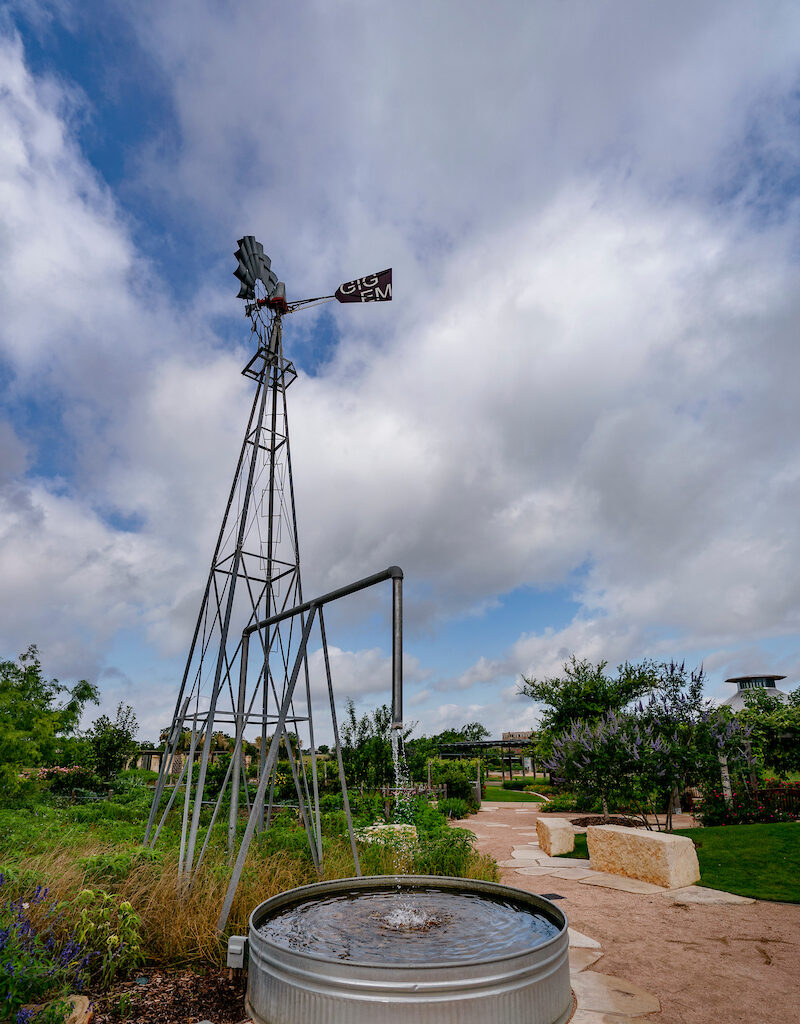Rainwater Harvesting
- Type
- Program

Overview
This program educates the public about rainwater harvesting and other water-related issues so that we can have a sustainable water supply for generations to come.
Contact
Fouad Jaber, Ph.D., P.E.
Professor and Extension Specialist
Biological and Agricultural Engineering Dept.
Texas A&M AgriLife
17360 Coit Road
Dallas, TX 75252
This program educates the public about rainwater harvesting and other water-related issues so that we can have a sustainable water supply for generations to come. This website is full of information about rainwater harvesting basics (including videos), upcoming events and programs, and locations where you can see a rainwater harvesting demonstration site in person. The group of Extension Personnel are only part of the rainwater harvesting educational effort. There are several personnel who help to make effective programming happen successfully in both the A&M System and beyond.
The rainwater harvesting group is an interdisciplinary group of educators and researchers within the Texas A&M System. We aim to educate Texans about rainwater harvesting as an alternate and/or supplemental source of water so that they can have a sustainable source of water for years to come. We also educate about rainwater harvesting as means to control stormwater runoff, which helps to reduce pollution in our rivers and streams. In person agent led programs are available.
More choices in Environment & Natural Resources
- Course
Learn how green infrastructure can help manage stormwater, reduce flood damage, and increase property value. This course explores practical, nature-based ways to improve stormwater systems in cities, rural, and coastal areas. Enroll now and build resilient, ecofriendly communities!
- Course
Learn forest basics in 2 hours! This first-of-its-kind, self-paced online course provides a clear and engaging introduction to forest ecosystems, their management, and conservation. Understand the big picture—and why it matters. Enroll today!
- Publication
Need a quick soil refresher? This free fact sheet breaks down the basics of soil health: what it is, why it matters, and how to improve it. Perfect for growers, gardeners, and curious minds looking for a simple starting point. Download and dig in!
- Course
This four-course aquatic vegetation series provides landowners and pesticide applicators biological information for submerged, algae, floating, and emergent species of problematic aquatic plants found in Texas.
- Course
The Generation Next curriculum targets new landowners, those who are inheriting land, or those who are looking to start a new agricultural operation on an existing ranch.
- Course
Learn to design and manage solar powered pumping systems for landscape and small landowner farming operations. This course provides 4 hours of continuing education units for Texas Landscape Architects, Professional Engineers, and others who self-report.
